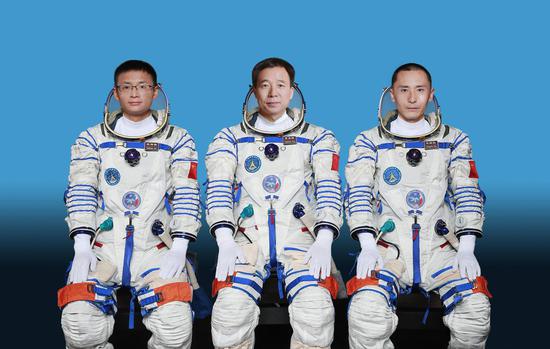
Jing Haipeng (center), Zhu Yangzhu (right) and Gui Haichao will carry out the Shenzhou XVI spaceflight mission. (Photo provided to chinadaily.com.cn)
The Shenzhou XVI spacecraft will set out on Tuesday morning to transport three Chinese astronauts to the Tiangong space station, according to the China Manned Space Agency.
It will be the debut flight for China's third generation of astronauts and will become the first time for any Chinese civilian to fly out of Earth.
Lin Xiqiang, deputy director of the China Manned Space Agency, said at a news conference on Monday morning at the Jiuquan Satellite Launch Center in northwestern China that the crew members — mission commander Major General Jing Haipeng, Colonel Zhu Yangzhu and Professor Gui Haichao — are scheduled to ride on board the Shenzhou XVI spaceship that will be lifted by a Long March 2F carrier rocket at 9:31 am Tuesday from the oasis-like Jiuquan center in the barren Gobi Desert.
The Long March 2F rocket would start to be filled with propellants at the service tower on Monday morning, he said.
After the Shenzhou XVI spacecraft enters the orbit, it will activate the rapid rendezvous-docking mode to approach and connect with the radial port on the Tianhe core module, according to the official.
Jing's team will take over the Tiangong space station from their peers in the Shenzhou XV, mission commander Major General Fei Junlong, Senior Colonel Deng Qingming and Senior Colonel Zhang Lu, who arrived on Nov 30. By now, Fei's crew has stayed in orbit for six months.
The Shenzhou XVI crew will stay inside the Tiangong space station for around five months and is scheduled to return to Earth in November. They will carry out several spacewalks during the mission to mount equipment outside the station and maintain the massive orbital outpost, Lin said.
In addition to spacewalks, their major tasks also include assisting with the docking and departure of visiting spacecraft such as cargo ships and space-based telescope, conducting scientific experiments and technological demonstrations, and hosting science lectures, according to him.
Jing and Zhu are members of the People's Liberation Army's Astronaut Division while Gui is a doctoral supervisor at the Department of Spacecraft and Launch Vehicle Technology of the School of Astronautics of Beihang University in Beijing. All of the three crew members hold a doctorate.
This will be the fourth time for Jing to fly into space, making him the most experienced astronaut in China.
Zhu, spaceflight engineer in the Shenzhou XVI, and Gui, science payloads specialist of the mission, are the first in the country's third-generation astronauts to engage in spaceflight.
As of now, all of the Chinese astronauts who have been on spaceflights are members of the People's Liberation Army. They are the first two generations of astronauts who were selected from experienced Air Force aviators.
The third generation of astronauts has civilians recruited from researchers and engineers.
There are 17 men and one woman in this generation in three groups: seven spacecraft pilots, another seven as spaceflight engineers and the last four as science payloads specialists.
Earlier this month, the Tianzhou 6 robotic cargo spaceship set out from the Wenchang Space Launch Center in Hainan province to transport materials for the next manned missions, becoming the first spacecraft to visit the Tiangong space station this year.
Orbiting about 400 kilometers above the ground, the Tiangong currently consists of three major components, the Tianhe core module and Wentian and Mengtian science lab modules, and is connected with two visiting craft, the Shenzhou XV crew ship and the Tianzhou 6 cargo ship.
Major General Jing Haipeng, 56, a native of Shanxi province, is a founding member of the People's Liberation Army's Astronaut Division headquartered in Beijing. He is commander of the Shenzhou XVI mission.
Jing joined the PLA Air Force in June 1985 to become an aviator. He was an experienced pilot at an Air Force fighter jet regiment before being chosen in January 1998 as one of the nation's first 14 astronauts.
In September 2008, Jing carried out his first spaceflight in the the Shenzhou VII mission. In June 2012, he took part in the Shenzhou IX as the mission commander. In October 2016, he made his third space journey in the Shenzhou XI and was also commander during the flight.
In June 2022, he was named commander for the Shenzhou XVI mission.
The veteran flyer is a "Heroic Astronaut", an honorary title conferred by the Communist Party of China Central Committee, the State Council and the Central Military Commission, and is recipient of the First-grade Space Service Medal as well as the August 1 Medal, the highest honor in the Chinese military.
Jing has assumed several posts in recent years, including the commander of the PLA Astronaut Division and deputy head of the crew system of China's manned space program.
Colonel Zhu Yangzhu, 36, a native of Jiangsu province, is a new member of the People's Liberation Army's Astronaut Division. He is the spaceflight engineer in the Shenzhou XVI mission.
Zhu was recruited by the PLA in September 2005 and was an associate professor at the Space Engineering University of the PLA Strategic Support Force until October 2020 when he joined the PLA Astronaut Division as one of China's third-generation astronauts. He is one of the seven new astronauts who have been trained as spaceflight engineers and the first of them to take part in a spaceflight.
In June 2022, he was selected for the Shenzhou XVI mission.
Gui Haichao, 36, a native of Yunnan, is the first civilian in China to be on a spaceflight.
Gui started his career at the Beihang University, formerly known as the Beijing University of Aeronautics and Astronautics, in September 2017 and is now a professor and doctoral supervisor at the university. He was picked by China's manned space program in October 2020 to train as one of the third-generation astronauts and assigned to work as a science payloads specialist.
In June 2022, he was selected for the Shenzhou XVI mission. He will become the first Chinese scientist to go on a spaceflight.








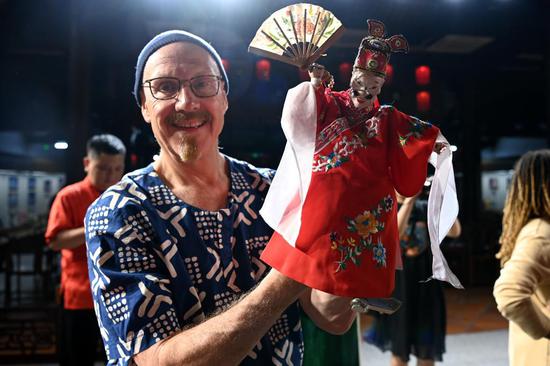
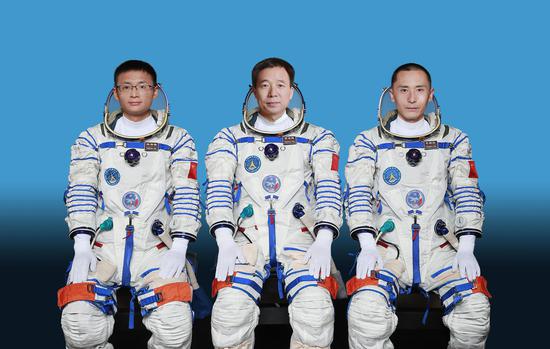
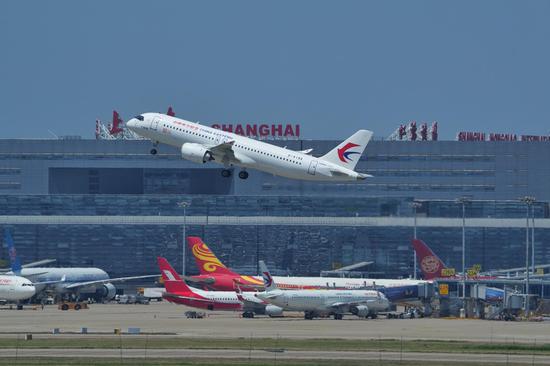
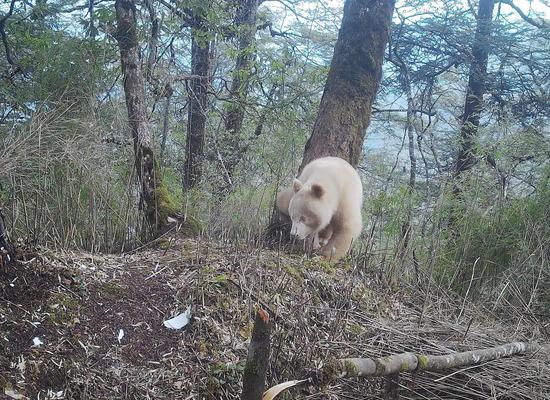
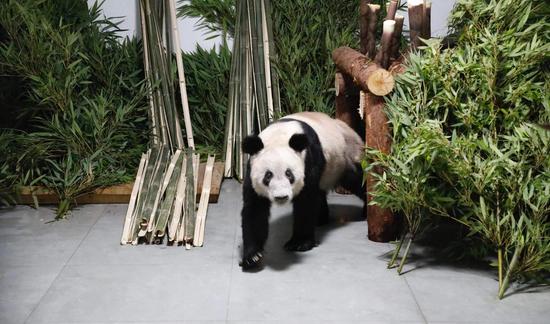

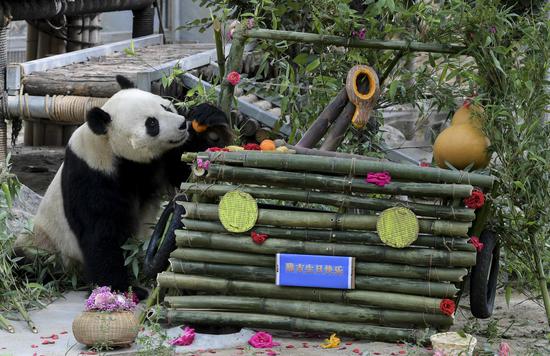

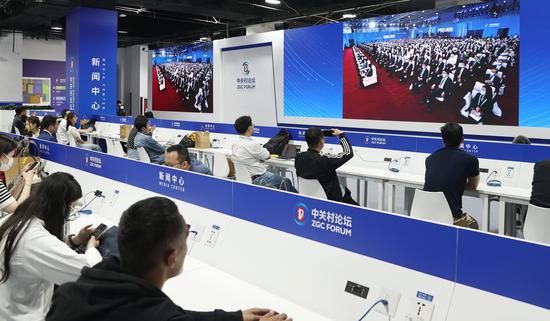
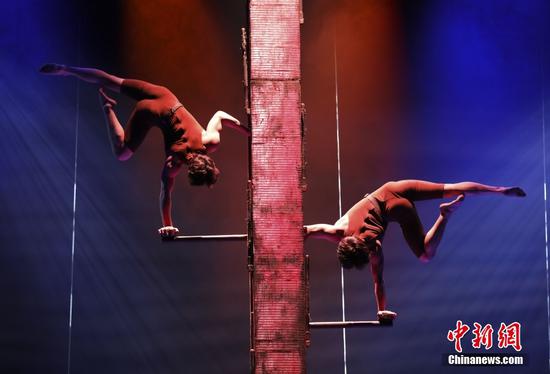
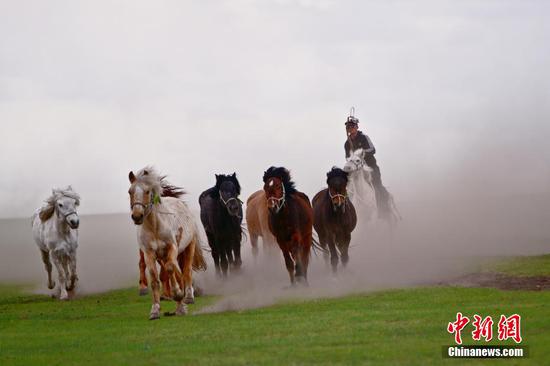
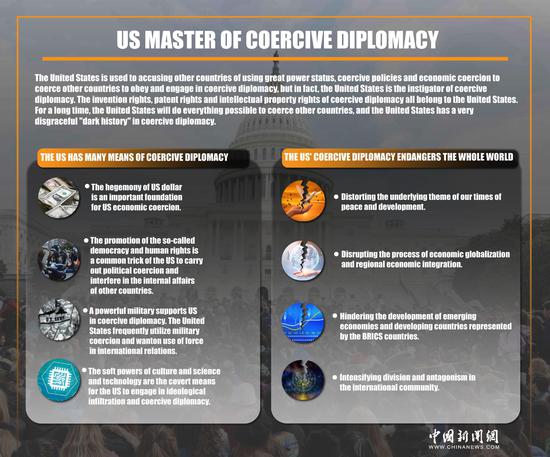

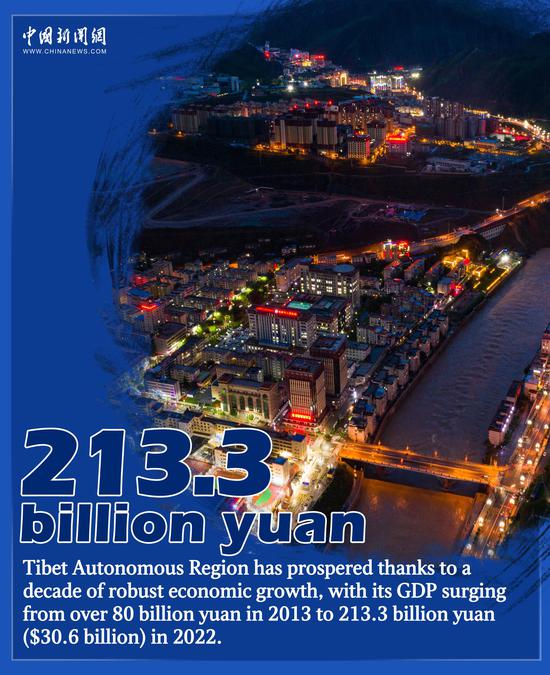
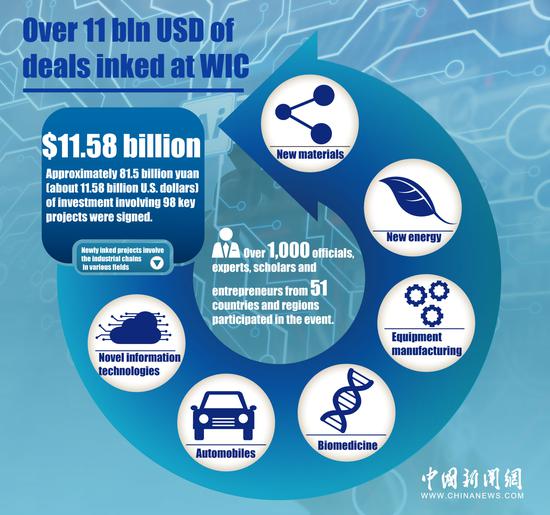
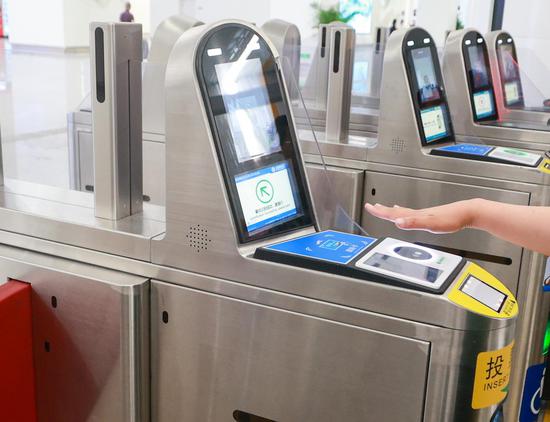
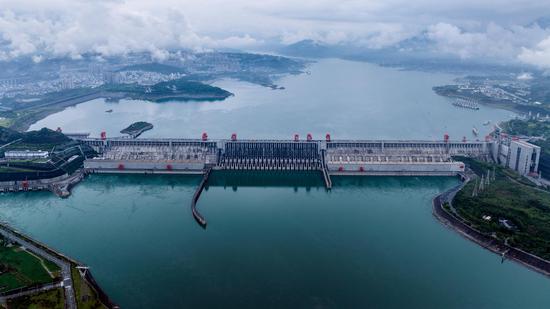

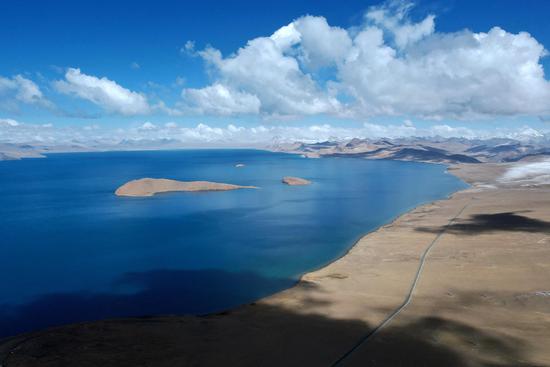
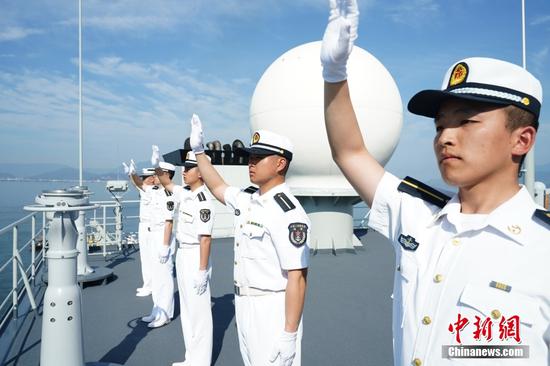
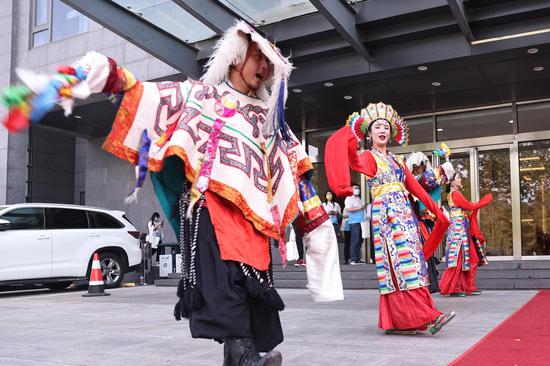
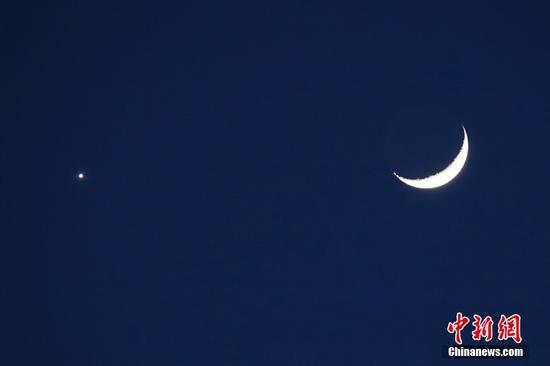

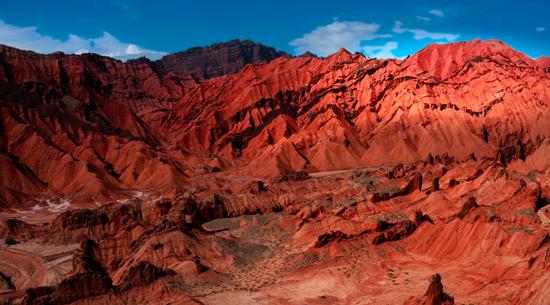
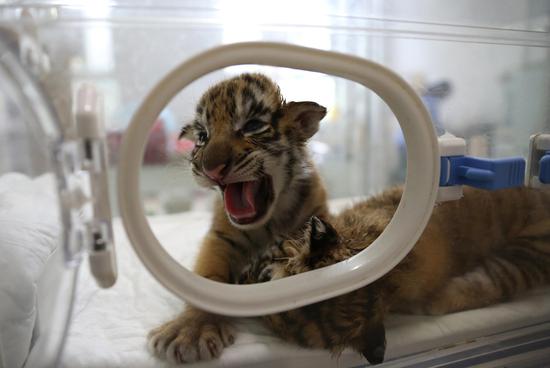
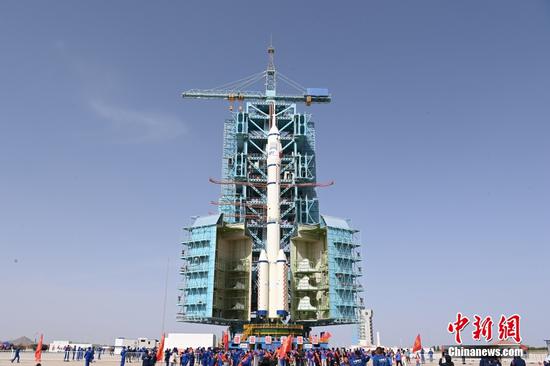
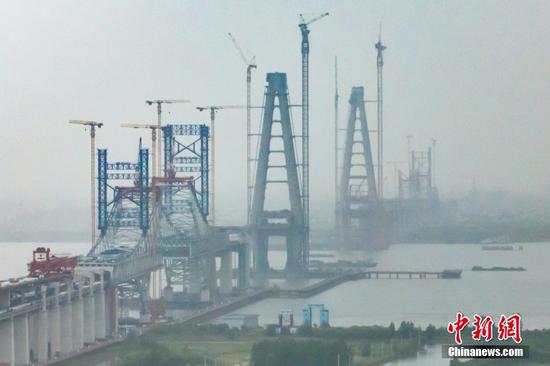
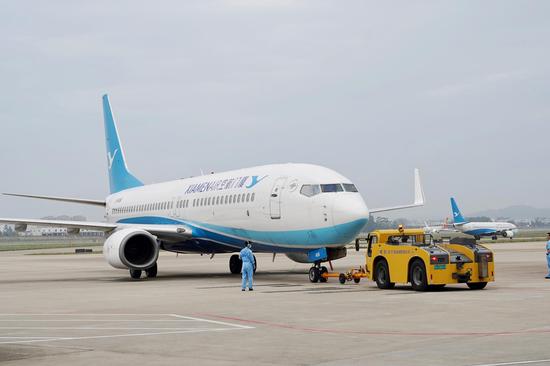
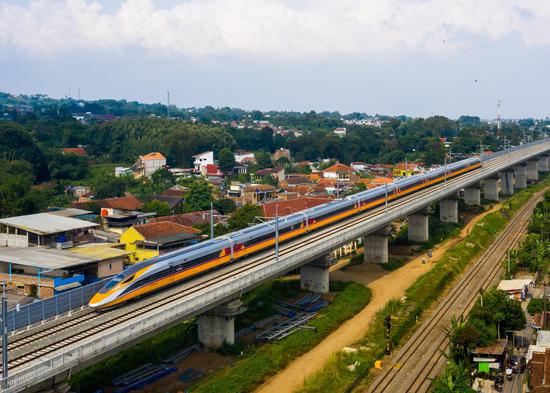
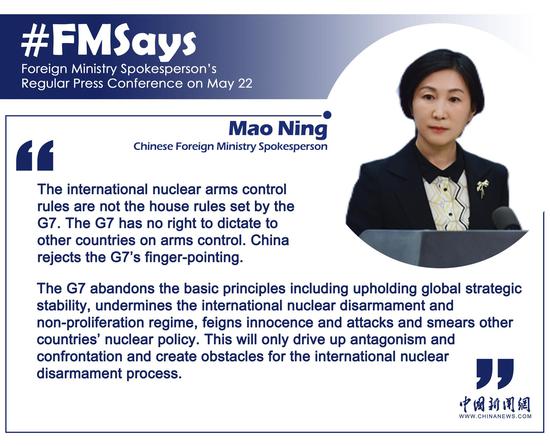
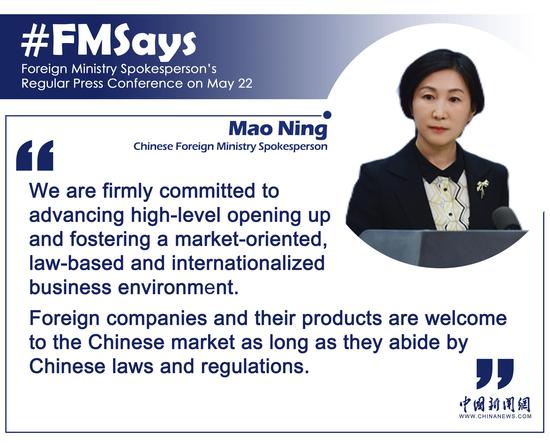

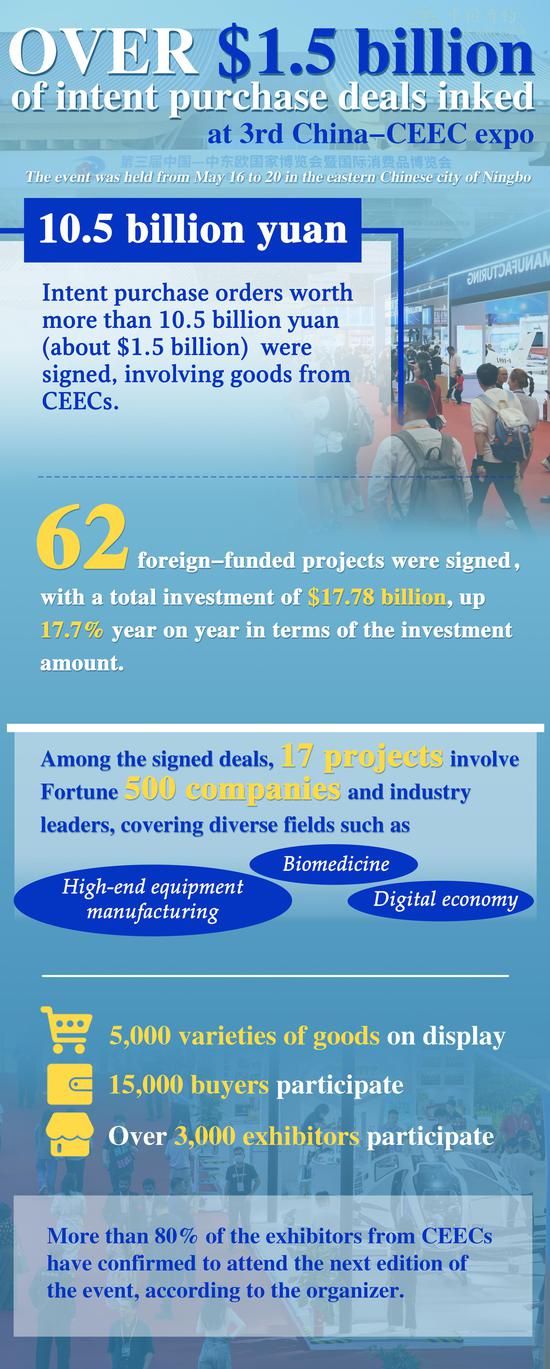
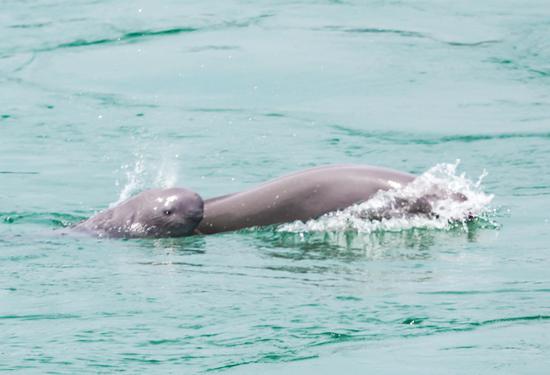

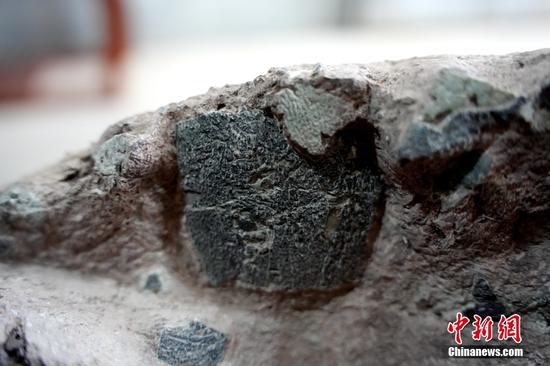






 京公网安备 11010202009201号
京公网安备 11010202009201号